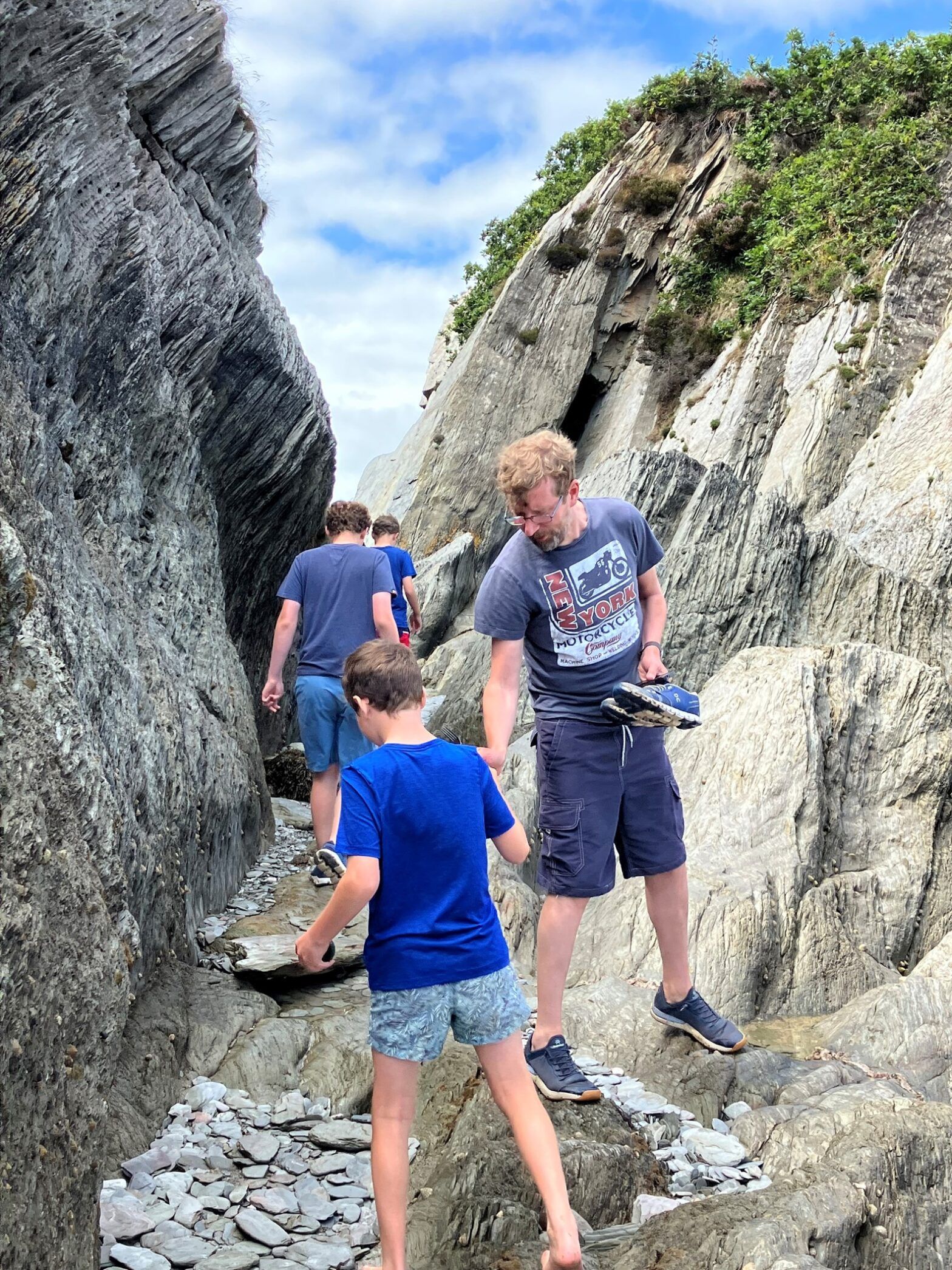The Sustainable Summer series gives investment professionals from the responsible investment space an opportunity share their habits and summer activities that are contributing to a more sustainable world.
For these light-hearted pieces, we ask about summer plans and holidays, and charitable work.
Here, Ben Constable-Maxwell, head of impact investing at M&G, discusses train travel, the power of nature and sustainable benchmarks
To view the full Sustainable Summer series click here.
How has your year been so far? Have you stuck to any sustainable New Year’s Resolutions?
It’s been a mixed bag to be honest. My wife and I have stuck to our ‘no mammals’ rule since the New Year in an effort to reduce our meat consumption – apparently we’re ovo-pollo-pesca-flexitarians. My efforts to compost our food waste have hit, let’s say, technical difficulties… but I’m not giving up!
My resolution to avoid flying in Europe resulted in an interesting (i.e. long) train journey to Vienna to meet clients in June. We really need to develop a more effective and affordable transcontinental rail network, to make travelling by train the default option for European travel.
How are you connecting with nature this summer or protecting biodiversity near to where you live or work?
We’ve been planting more flowers in our small London back garden, which has seen bees and even a few butterflies return this year. The garden also seems to have recently transformed into one large spider’s web, suggesting there are plenty of insects for our eight-legged lodgers to snack on.
We campaigned for the Green Party in the recent local elections – the party’s Rights of Nature Act proposes stronger legal protections for wildlife and habitats in England and Wales, much-needed given the worrying scale of biodiversity loss in the UK. They recognise the global nature of the climate and ecological challenge but propose tangible, local solutions.
What do you find are the benefits of spending more time in the great outdoors?
We all have a profound connection to nature and react positively to time spent in it. I find it creates space to step back and reflect and appreciate the things I don’t normally think about. We had a poem at our wedding last summer by the American poet and naturalist Wendell Berry, which captures the restorative power of nature and the relief it can bring from everyday worries. It’s called ‘The Peace of Wild Things’ – I heartily recommend it, and his other poetry, as a tonic for stressed-out urbanites.
Conversely, being out in the countryside also brings into sharp focus the challenges we face around protecting it – an important reminder for those of us who live in a city and can occasionally end up thinking about nature as a concept or a metric. Protection of – and access to – nature should be high on the priority list of every government.
Are you planning a holiday? How will you make it ESG-friendly?
We’ve just had a lovely week in the south west of England, staying with family and friends with lots of walking, swimming and rock pooling. We tend to travel by train or in our electric Golf, which can be slow-moving but certainly forces you to drive efficiently (i.e. slowly). My wife and I are also getting the sleeper up to the Highlands for a week at the end of August – we’re looking forward to walks and bike rides. We just need to find a mainly downhill route!
Are you taking part in any charity events or initiatives benefitting the climate or society?
I’m a trustee of Firefly, a small charity set up by my sister that supports conflict-affected children in the Balkans and Middle East. The aim of the charity is to bring young people together in safe spaces and to show adults that often-entrenched divisions can be overcome. Tensions are building in the areas in which the charity operates, as stagnant economies and rising costs pile pressure on already strained situations, highlighting how interconnected all these issues are. This year the charity is again taking part in The Big Give, a brilliant initiative bringing charities, donors and the public together to multiply their impact through match funding.
Does your employer have any sustainable activities planned this summer? What does it do in the workplace to ensure it mitigates its impact on the environment?
We announced our carbon reduction target for corporate activities in 2020, which aims to reduce our emissions in line with the Paris Agreement to limit warming to 1.5C. We are accelerating our efforts towards this goal via initiatives such as our commitment to 100% renewable energy procurement via RE100, an increased focus on sustainability in our supply chain, mitigating the footprint of our catering services and leveraging the lessons learned from the past few years to reduce emissions from travel.
What would you like to see more of in the investment industry from a sustainability perspective?
There has been huge progress in recent years, but there’s so much more to do. We need to more accurately measure the impacts of our investments, both positive and negative. Properly accounting for the externalities – or negative effects – of our investments would help to reorient capital flows to positive impact industries and companies. It would also improve the transparency required to tackle the growing problem of greenwashing. And the adoption of sustainable benchmarks would reflect what the market should look like rather than the status quo.








